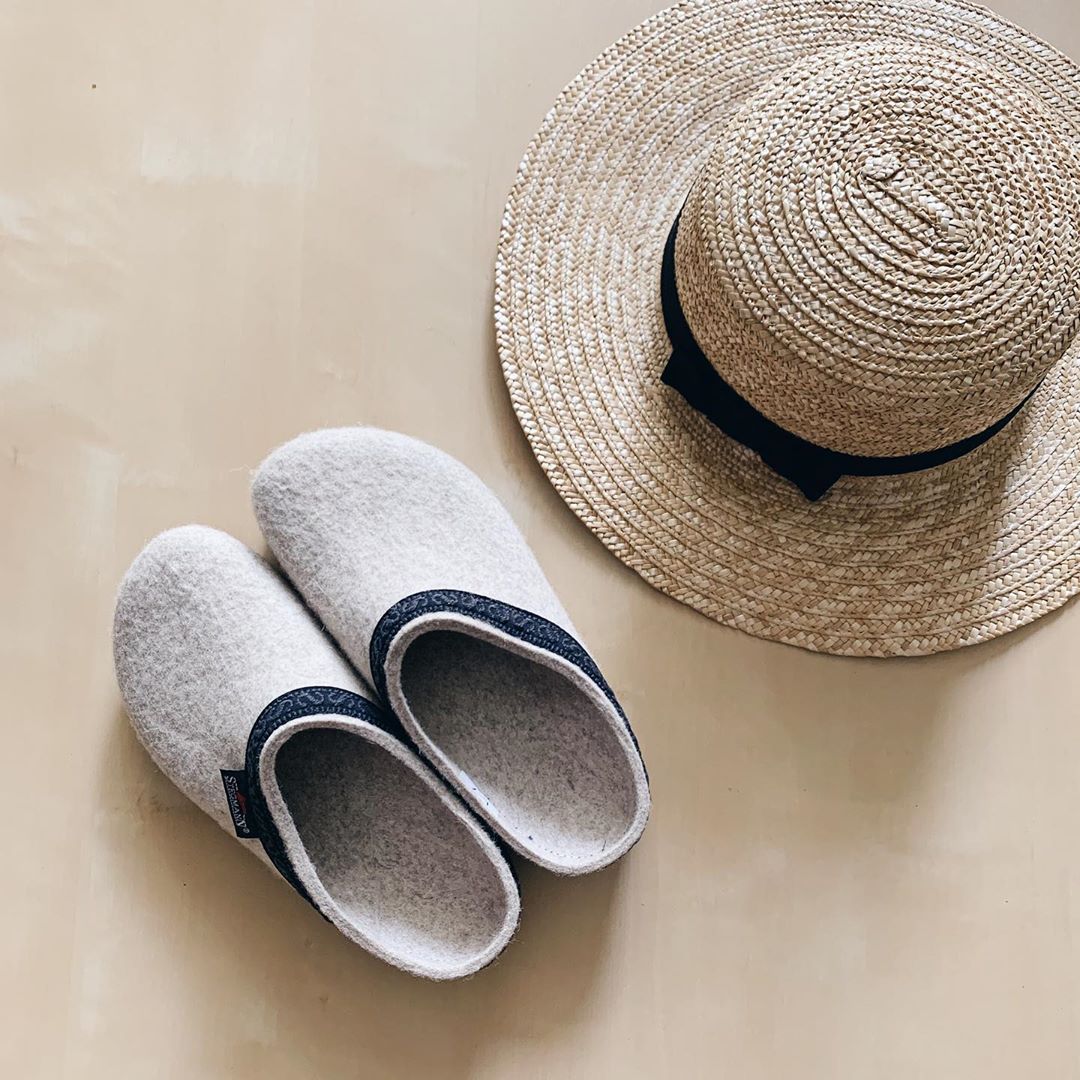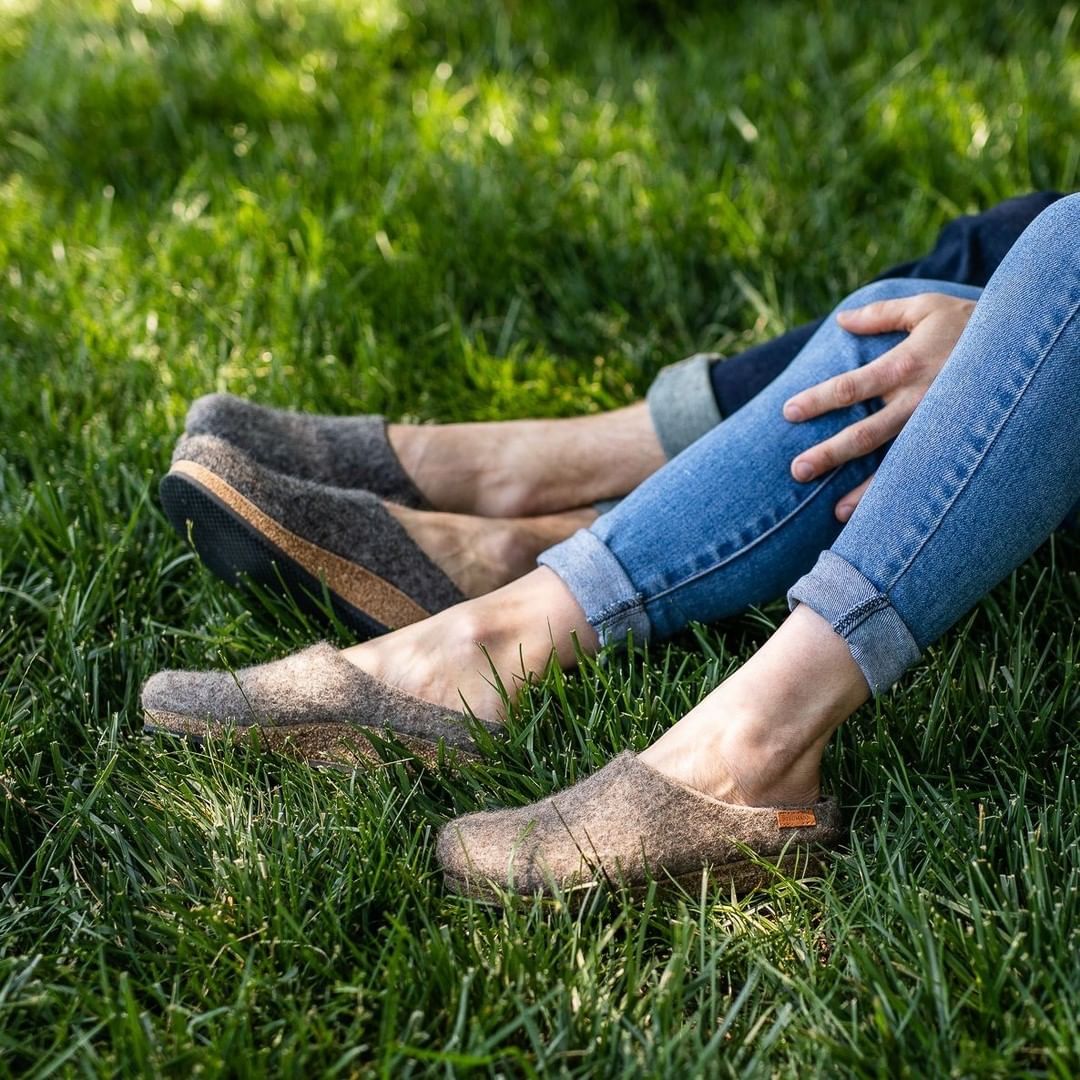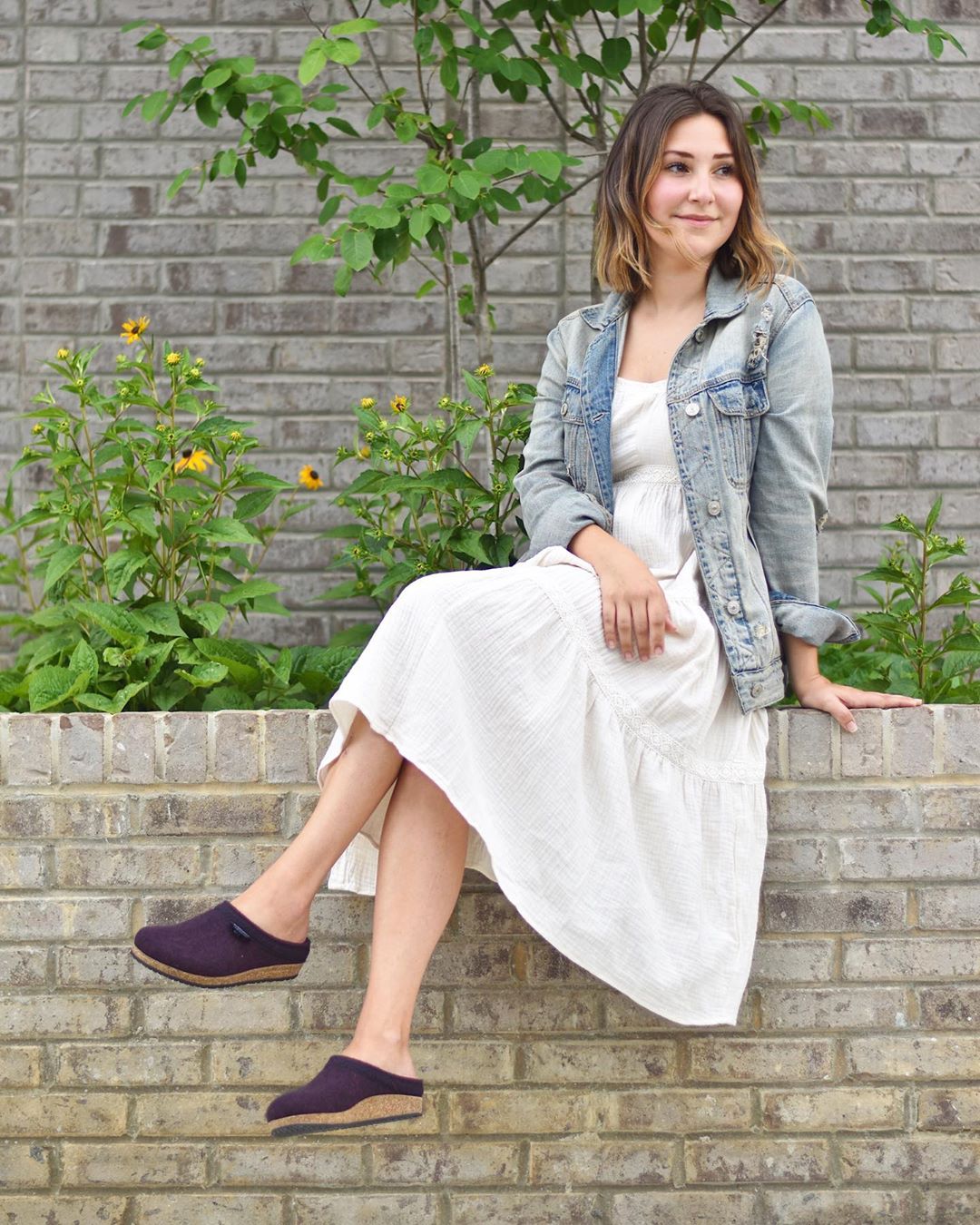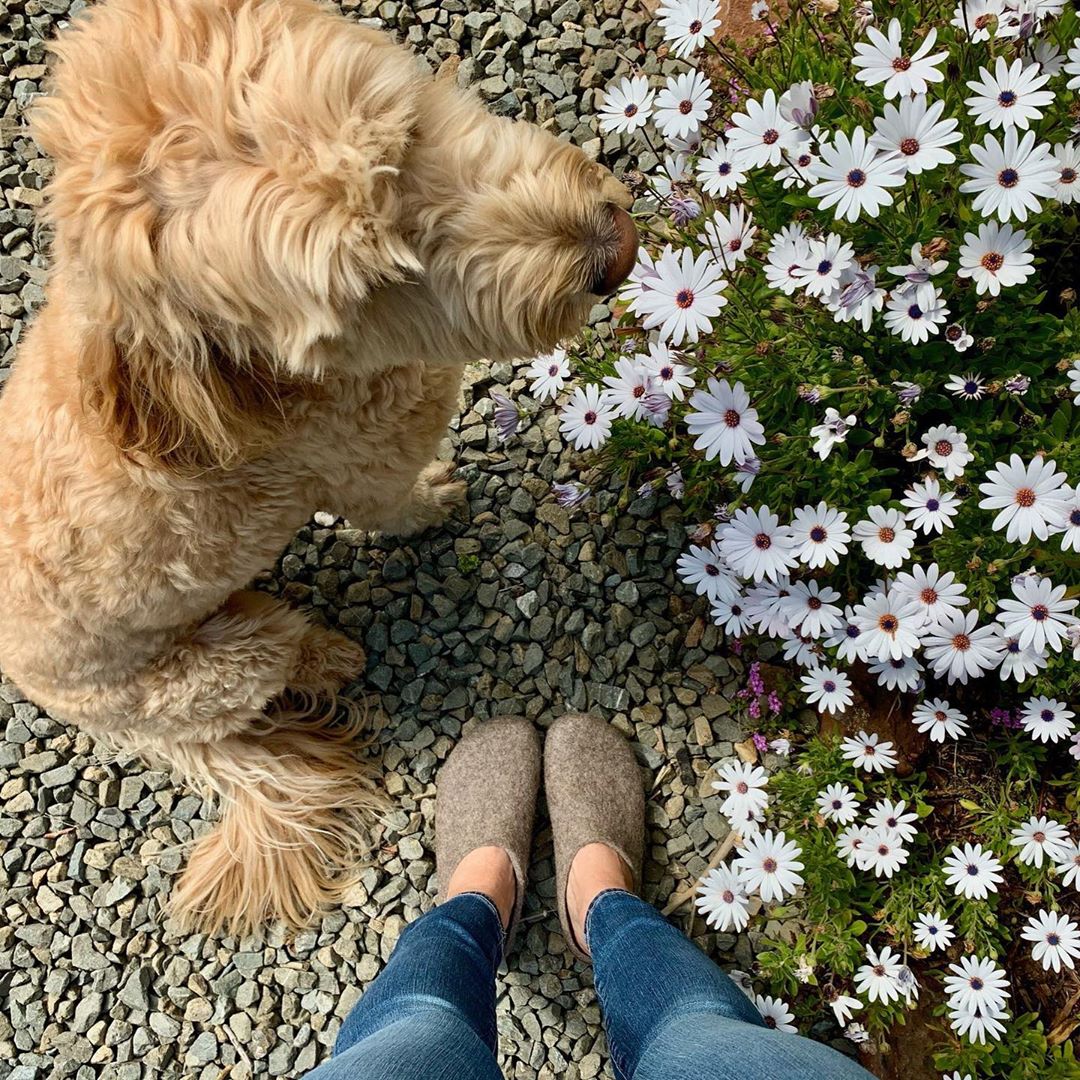Since its founding in 1888, Austrian footwear company Stegmann has been creating shoes out of sustainable, renewable resources. Their signature shoe is none other than the Original 108 wool clog. Over the years, Stegmann has come out with many different lines of this wool clog, in limited edition colours or materials.
Most recently, Stegmann launched its EcoWool collection. The clogs in this collection are made from 100$ , all-natural wools sourced from small European farms. All of the farms are certified, use sustainable practices, and employ cruelty-free farming. The wool is also minimally processed and dye and chemical-free.
In terms of where Stegmann sources the wool for its EcoWool collection, the company made a conscious choice not to use merino wool. The reason for this being that merino wool is so popular, it has left farmers of other sheep breeds (of which there are over 200) at a significant disadvantage, not to mention the fact that some of the rare sheep breeds have become endangered as a result.
Thus, as part of the Stegmann Species Preservation Initiative, they decided to exclusively partner with European sheep breeders that breed endangered sheep species. One such breed is the Tirolean Stone Sheep, native to Austria, and the other is the Shetland Sheep, native to Scotland.
“We use the wool of rare species such as the Tirolean Stone Sheep and Shetland Sheep of Scotland to create a unique model that uses only the wool from these sheep,” explains Stegmann. “By utilizing these uncommon wools for our production, we can help continue to safeguard and support the sustained breeding of these special sheep. The EcoWool Clog line was created to enable us to support these small farmers and rare sheep breeds.”
Further, given that one of Stegmann’s production facilities is located in Austria, they are reducing their carbon footprint by using wool sourced from the very same country. In fact, much of the wool that comes from the Tirolean Stone Sheep is located just up the road and has a supply chain of less than 30 miles long.
Finally, in addition to the eco-friendly wool that makes up the majority of Stegmann’s EcoWool shoes, each pair also has a cork/latex sole that is made locally in Austria and Portugal using all-natural materials.
All images in this article are courtesy of Stegmann.









